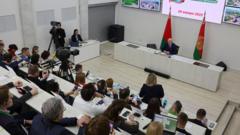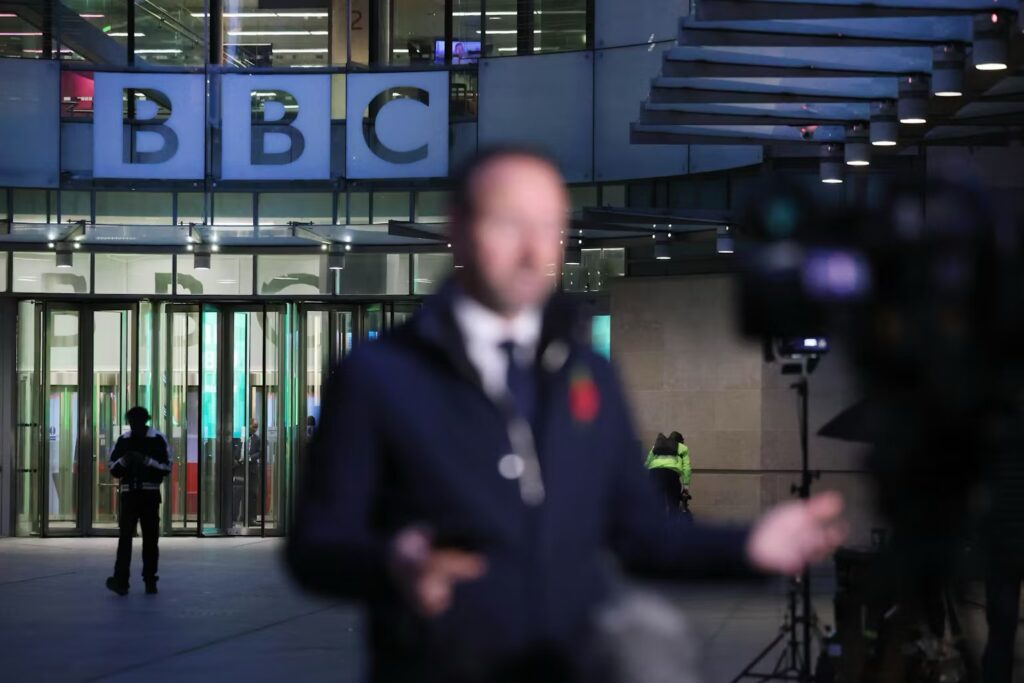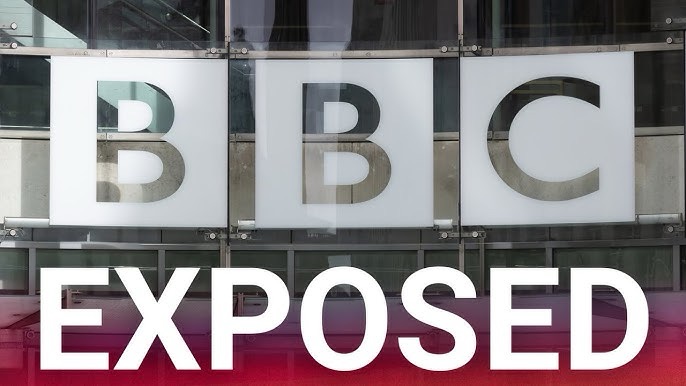Lukashenko's remarks came during a four-and-a-half hour live broadcast on state TV at Polling Station 478 in Minsk, where he cast his vote and addressed a range of inquiries, notably dismissing criticism of the election as unjust. While some opponents face jail time due to the 2020 election fallout, Lukashenko argued that the choice to oppose him was ultimately theirs—a statement met with significant skepticism.
His dismissive demeanor pervaded the session, as he remarked to BBC's Steve Rosenberg, "Some are in prison, and some are in exile. But you are here!" The juxtaposition of his answer and the realities faced by opposition figures painted a picture of entrenched power dynamics.
During the conference, he brushed off allegations of heavy-handed tactics against dissenters, expressing that the law is absolute: "Prison is for people who have opened their mouths too wide and who have broken the law." Though he acknowledged the existence of political prisoners, he remained resolute, contending that they were incarcerated for legitimate reasons.
As journalists probed and challenged his views, it became clear that democratic norms were not at the forefront of Lukashenko's priorities. He conveyed a stark indifference to international perspectives on the election—a sentiment underscored by the EU's condemnation of the electoral process, which they described as an affront to democracy.
Ultimately, Lukashenko's calculated defense of his regime leaves little doubt about his intentions: to maintain his grip on power at any cost, while framing dissent as lawlessness and claiming legitimacy in a highly criticized election. In his words, "I couldn't care less whether you recognize our election or whether you don't."
His dismissive demeanor pervaded the session, as he remarked to BBC's Steve Rosenberg, "Some are in prison, and some are in exile. But you are here!" The juxtaposition of his answer and the realities faced by opposition figures painted a picture of entrenched power dynamics.
During the conference, he brushed off allegations of heavy-handed tactics against dissenters, expressing that the law is absolute: "Prison is for people who have opened their mouths too wide and who have broken the law." Though he acknowledged the existence of political prisoners, he remained resolute, contending that they were incarcerated for legitimate reasons.
As journalists probed and challenged his views, it became clear that democratic norms were not at the forefront of Lukashenko's priorities. He conveyed a stark indifference to international perspectives on the election—a sentiment underscored by the EU's condemnation of the electoral process, which they described as an affront to democracy.
Ultimately, Lukashenko's calculated defense of his regime leaves little doubt about his intentions: to maintain his grip on power at any cost, while framing dissent as lawlessness and claiming legitimacy in a highly criticized election. In his words, "I couldn't care less whether you recognize our election or whether you don't."




















